TOP 10 GREATEST KINGS OF FRANCE
Updated : April 2025
The history of France is a complex narrative, defined by the actions of its monarchs, who built its people across centuries. Here, we present the Top 10 Kings of France, a selection of its most influential royal figures.
These ten ranked rulers embody the height of French power, their reigns remembered across time and inspiring future generations. Imagine their strategic decisions and profound impact as they navigated political challenges and established the destiny of its people. Each monarch holds unique historical importance.
From skillful diplomacy that secured territories to significant reforms that advanced the kingdom, these top ten selections highlight the most vital figures in French royal history, emphasizing their crucial role in the lasting heritage of its people
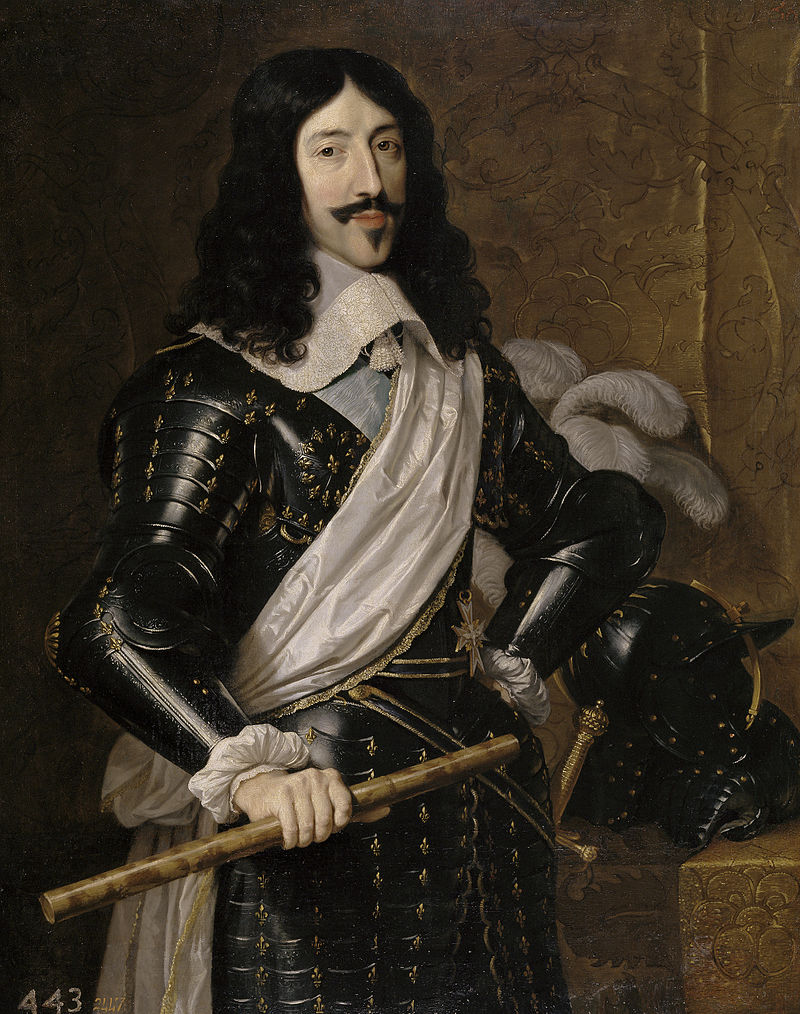
#10 - Louis XIII, le Juste
Elevated to the tenth rank, we encounter Louis XIII. Imagine a kingdom, its stability fluctuating with the interplay of powerful nobles and religious factions, much like the intricate political landscape of his reign. Rather than a singular, dominant force, picture the constant negotiation and maneuvering, each faction influencing the whole, mirroring the way Louis, guided by Richelieu, navigated complex alliances and shifting power dynamics. The distant echoes of religious conflict, the subtle shifts in political influence, and the strategic depths of court intrigue evoke the complex and often precarious nature of his rule. Just as a nation's fate can be swayed by the currents of its time, Louis XIII's reliance on Richelieu's strategic acumen and his suppression of internal dissent significantly reshaped the French monarchy, forever altering the balance of power and laying the groundwork for absolutism, allowing France to emerge as a more unified and centralized state
Watch on YouTube : Louis XIII, Father of the Sun King
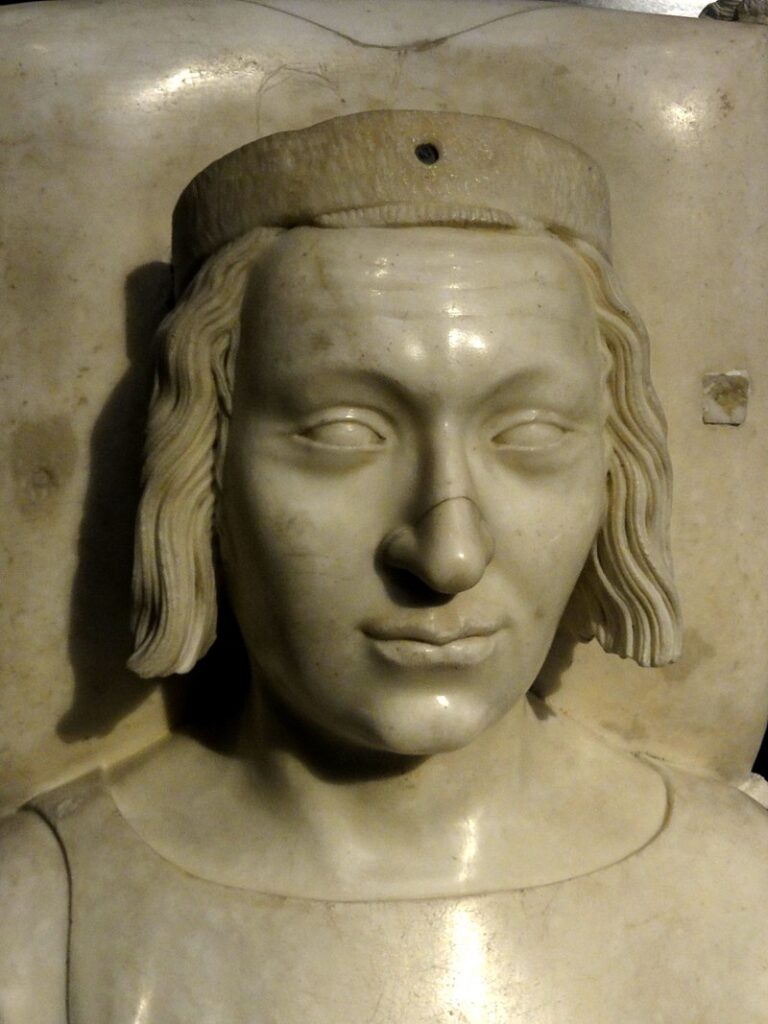
# 9 - Charles V, le Sage
At the ninth step, we encounter Charles V, known as 'the Wise.' His reign unfurled not as a display of brute force, but as a masterclass in strategic recuperation. Imagine a kingdom reeling from devastating losses, its territories fractured and its morale shattered. Charles, however, possessed a keen intellect and a talent for calculated action. He navigated the treacherous landscape of the Hundred Years' War, not with reckless aggression, but with patient, methodical strategy. Like a careful strategist plotting a campaign, he rebuilt the French army, empowered skilled commanders like Bertrand du Guesclin, and exploited the weaknesses of his English adversaries. The distant echoes of past defeats were replaced by the steady rhythm of French victories, the subtle shifts in territorial control, and the deep strategies of royal administration. His legacy, etched in the reconquered lands and the revitalized French monarchy, redefined the art of kingship, leaving behind a nation strengthened and poised for future dominance
Watch on YouTube : Charles V
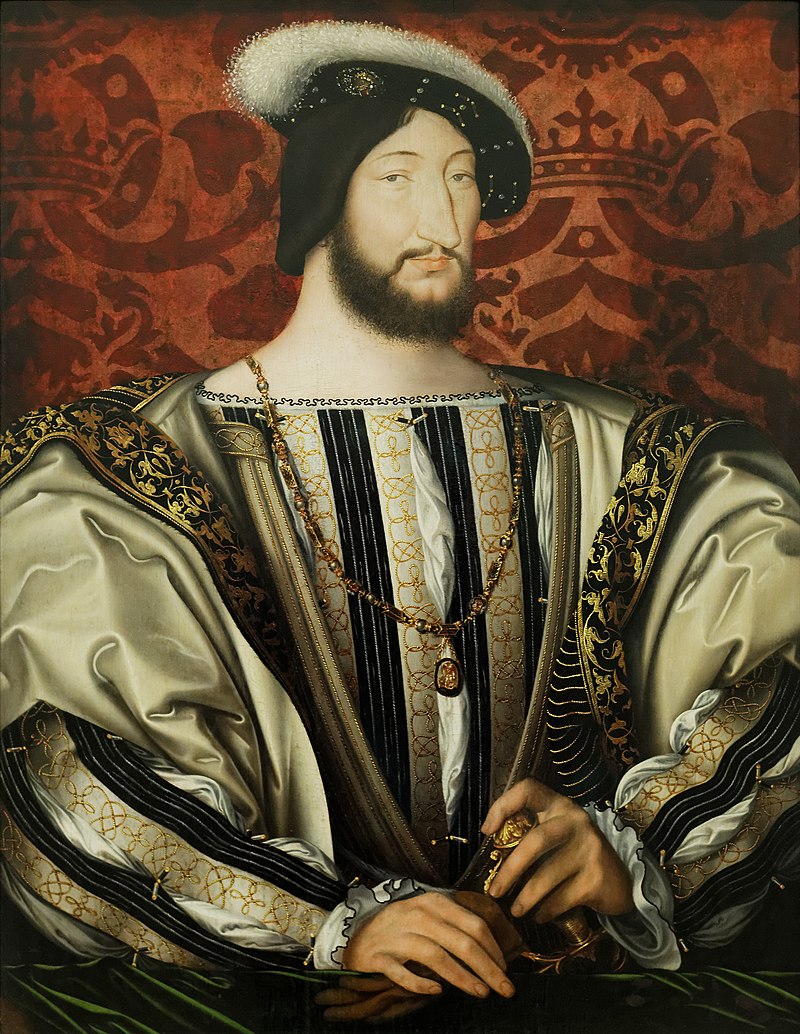
# 8 - François Ier, le Restaurateur des Lettres
Ascending to the eighth rank, we find François I. His reign unfurls as a resplendent fresco, a vibrant depiction of Renaissance grandeur and ambitious expansion. Picture a court pulsating with artistic energy, where the finest minds and talents of the age found fertile ground under his patronage. François, a connoisseur of beauty and knowledge, ignited a golden age, drawing the luminous brilliance of Italian masters into the French heartland. Yet, his gaze extended beyond the cultivated gardens of his court, reaching across the vast Atlantic to the newly charted lands of the New World. He sponsored daring explorers like Giovanni da Verrazzano, who meticulously charted the eastern coast of North America, and Jacques Cartier, whose voyages into the Gulf of St. Lawrence . Like a master collector assembling a treasury of wonders, he sought to enrich his kingdom not only with artistic masterpieces but also with the potential riches and strategic advantages of these newly discovered lands. The subtle currents of shifting trade winds, the distant echoes of unexplored coastlines and inland waterways, and the grand designs of royal expansion all reveal the vast scope of his vision. His legacy, etched in the elegant stones of the Loire châteaux and the early French claims in North America and Canada, transformed the very image of French kingship, leaving behind a nation poised to engage with the dawn of a new era of global exploration.
Watch on YouTube : Francis the 1st
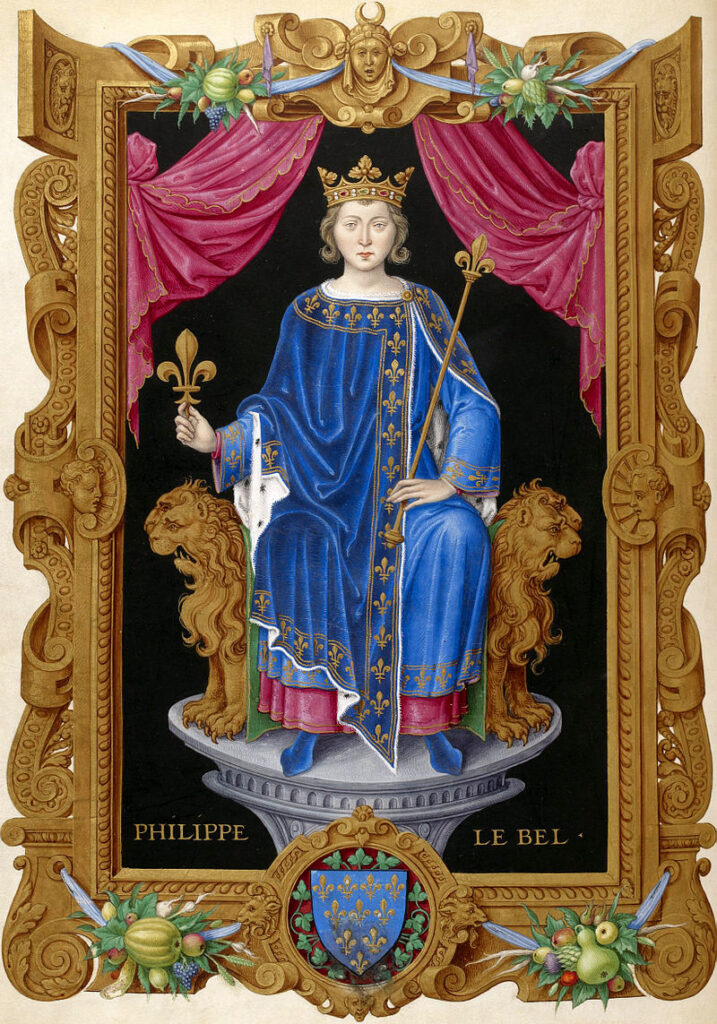
# 7 - Philippe IV, le Bel
The seventh rank belongs to Philippe IV, a monarch whose reign was a period of profound transformation for the French kingdom. His legacy, like a grand tapestry, is woven with threads of pivotal decisions that reshaped the nation's political and administrative landscape. Imagine a kingdom undergoing significant restructuring, where royal authority was being consolidated and the foundations for future French power were being laid. Among the key events of his reign was the complex reorganization of the Knights Templar, a move that had significant financial and political ramifications, and a moment where the Grand Master, Jacques de Molay, made pronouncements that echoed throughout History. Beyond this, Philippe's reign saw the strengthening of royal administration and the assertion of French influence in a changing Europe. The echoes of these sweeping changes, including the Templar's restructuring, and the profound impact on the kingdom's institutions all contribute to the enduring importance of Philippe's reign.
Watch on YouTube : Philippe IV
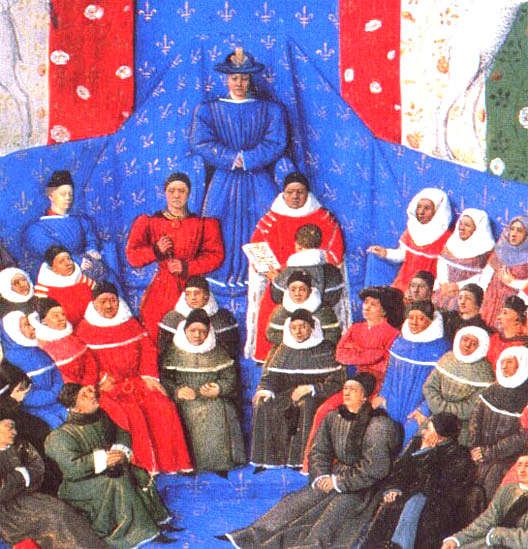
# 6 - Charles VII, le Victorieux
Charles VII, occupying the sixth rank, stands as a pivotal figure in French history, his reign a testament to resilience and strategic brilliance. He inherited a kingdom fractured by the Hundred Years' War, a realm where royal authority was diminished and the very future of France hung in the balance. Central to his legacy is the extraordinary intervention of Joan of Arc, whose courage and perceived divine inspiration galvanized the French forces, culminating in the decisive lifting of the siege of Orléans. This victory resonated throughout the kingdom, marking a turning point in the war. Beyond this iconic moment, Charles VII oversaw the crucial reorganization of the French army and implemented measures to stabilize the kingdom, reasserting French sovereignty across a war-torn Europe. These sweeping changes, driven by both Joan of Arc's impact and Charles's strategic leadership, fundamentally reshaped France. His reign marks an era of dynamic recovery, leaving behind a nation profoundly transformed
Watch on YouTube : Charles VII
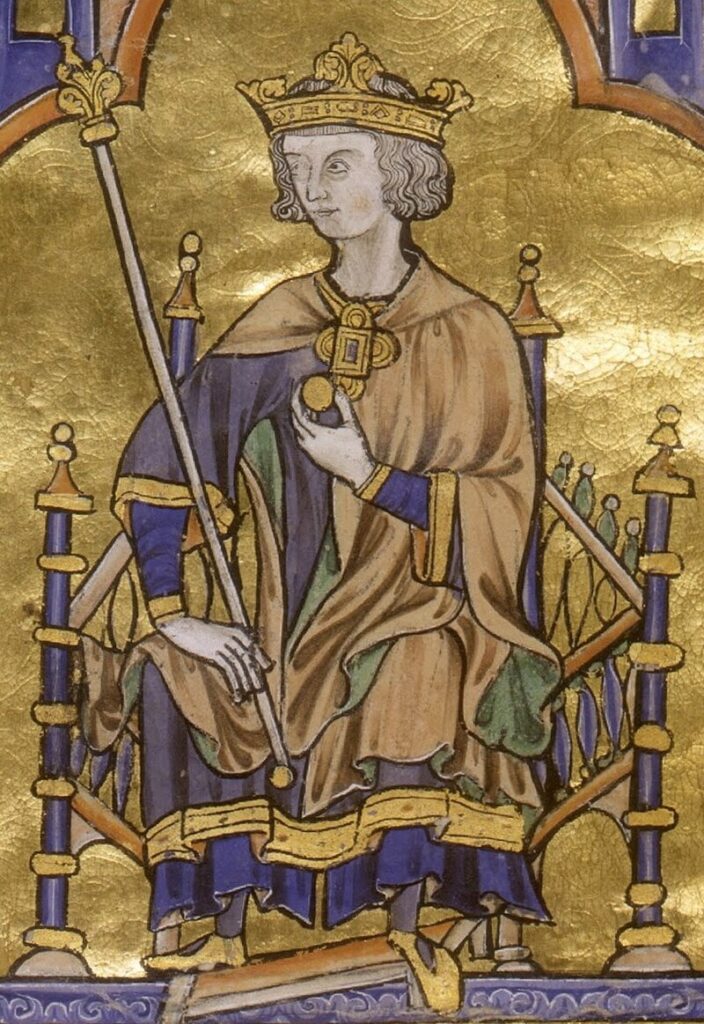
# 5 - Saint Louis IX
Louis IX, Saint Louis, at the fifth rank, embodies a reign defined by justice, piety, and a profound commitment to the French kingdom. His rule stands as a testament to medieval ideals of kingship, marked by a dedication to moral governance and the pursuit of peace. Notably, his influence extended beyond France's borders, through his participation in the Crusades, endeavors that, while ultimately resulting in his death, illustrated his unwavering religious devotion and solidified his reputation as a Christian monarch of exceptional standing. Domestically, his reign saw significant advancements in French law and administration, establishing a system of royal justice that sought to ensure fairness and equity across the realm. He implemented reforms that strengthened the monarchy, while simultaneously fostering a sense of unity and stability within the kingdom. His legacy, characterized by his devout faith, his pursuit of justice, and his lasting administrative contributions, left an indelible mark on France, shaping the moral and legal landscape of the nation for generations to come
Watch on YouTube : History of Saint Louis
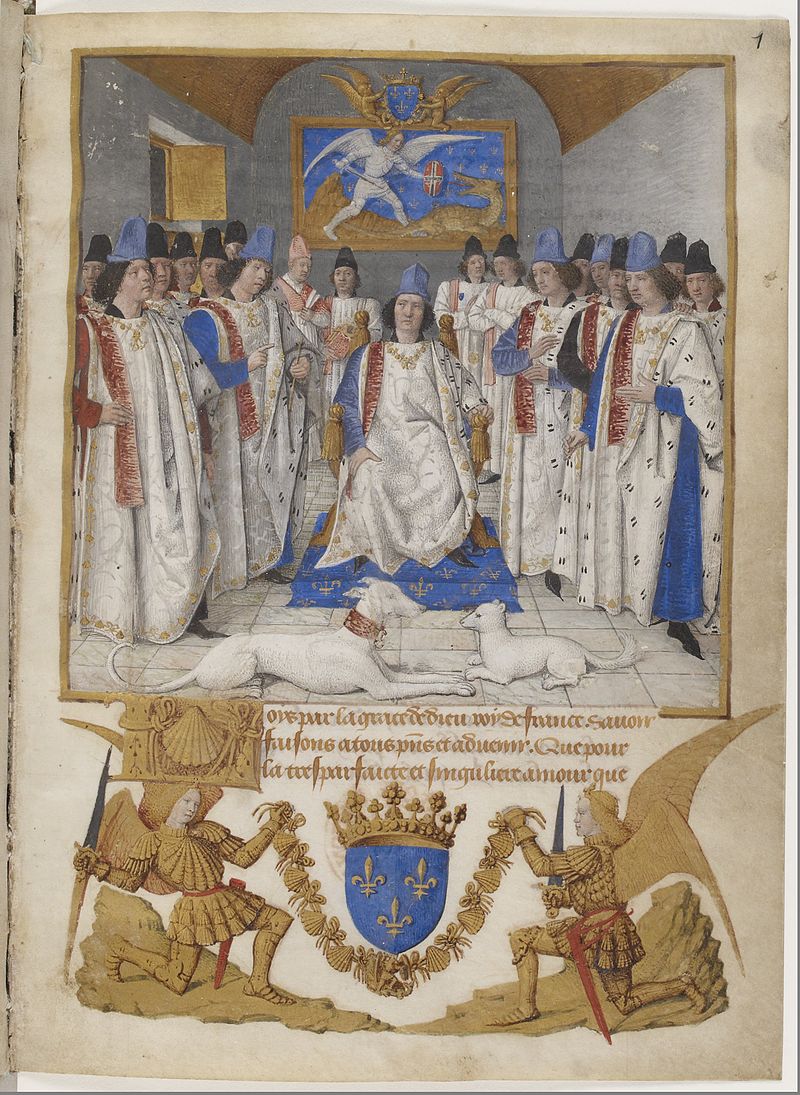
# 4 - Louis XI, l'Araignée
Louis XI, a political mastermind rightfully occupying fourth place, stands as a figure of formidable political acumen, his reign marking a period of strategic consolidation for the French monarchy. He was a king defined by his pragmatism, a master of diplomacy and intricate maneuvering, who often preferred strategic calculation over brute force. His primary objective, the centralization of royal power, was achieved through a series of calculated moves, navigating a landscape of powerful nobles and potential threats with exceptional skill. A defining achievement of his reign, the dismantling of Burgundian power, stands as a testament to his strategic prowess, a complex undertaking that required both shrewd negotiation and decisive action. Through his meticulously planned policies, Louis XI significantly expanded the royal domain, laying the groundwork for a more unified and powerful France. While his methods were sometimes viewed with suspicion, his impact on the development of the French state is undeniable. His legacy, as a political mastermind, is one of a king who prioritized the strengthening of the monarchy, leaving behind a kingdom more centralized and prepared for future growth
Watch on BitChute : Louis XI, Shattered Power

# 3 - Henri IV, le Bon Roi
Henri IV, occupying the third rank, stands as a figure of remarkable resilience and reconciliation, his reign marking a crucial period of recovery for France. He ascended to the throne amidst the turmoil of the French Wars of Religion, a conflict that had deeply fractured the kingdom. His defining achievement was the promulgation of the Edict of Nantes, a landmark act that granted religious tolerance to Protestants, effectively ending decades of bloody conflict. This act of peacemaking demonstrated his political pragmatism and his commitment to national unity. Beyond this, Henri IV dedicated himself to rebuilding the war-torn kingdom, implementing policies that revitalized the French economy and strengthened the monarchy. He prioritized agriculture, infrastructure, and trade, laying the foundation for future prosperity. Notably, his reign also saw the early stages of French colonial expansion in North America, with the establishment of Québec. While still unconfirmed to this day, the great explorer Samuel de Champlain is speculated to have been one of Henri's illegitimate sons. This possibility adds a fascinating layer to Henri's legacy, linking his reign not only to domestic peace but also to the beginnings of French presence in the New World. His legacy is one of a king who restored peace and stability to France leaving behind a kingdom poised for renewed strength and prosperity.
Watch on YouTube : Henri IV
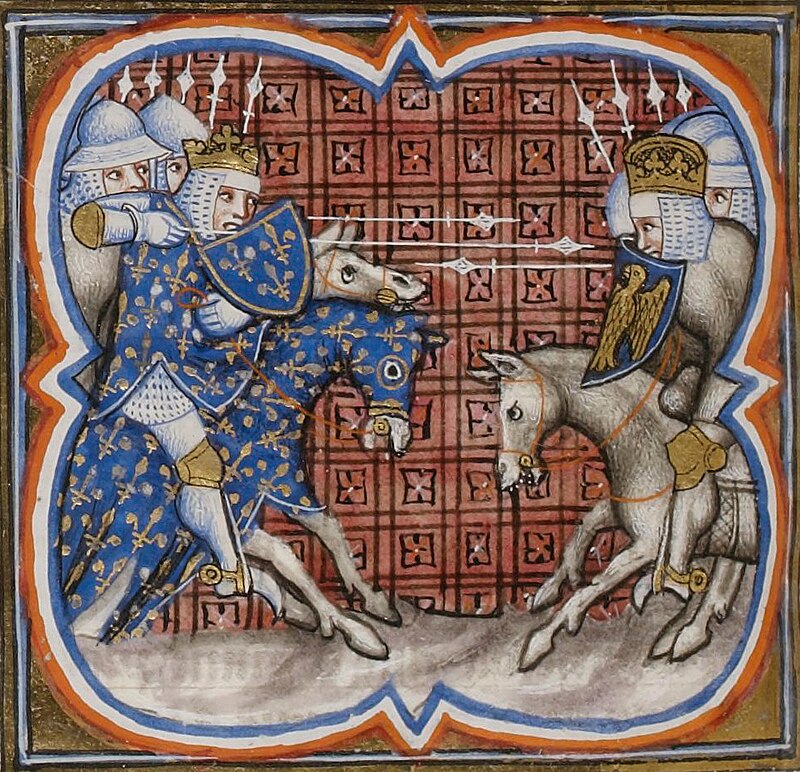
# 2 - Philippe II, le Lion
Philippe II, Philippe Auguste, prominently occupying the second rank, stands as a pivotal architect of the French kingdom, his reign marking a transformative period of territorial expansion and royal consolidation. He was a monarch of exceptional strategic vision, who significantly expanded the Capetian domain through both military campaigns and astute political maneuvering. His decisive victory at the Battle of Bouvines, where he triumphed over a powerful coalition of English, Flemish, and Holy Roman Empire forces, cemented his authority and dramatically reshaped the balance of power in Western Europe, limiting English influence and solidifying French dominance. Beyond his military achievements, Philippe II implemented crucial administrative reforms, strengthening the royal bureaucracy and laying the groundwork for a more centralized and efficient state. He fostered the growth of Paris, transforming it into a major European capital, and patronized the arts and learning, contributing to a cultural flourishing. His reign represents a critical phase in the evolution of France from a feudal patchwork to a powerful and cohesive nation. His legacy is one of a king who dramatically expanded French territory, decisively defeated a formidable coalition, strengthened the monarchy, and laid the foundations for the future grandeur of the French kingdom
Watch on YouTube : The Battle of Bouvines
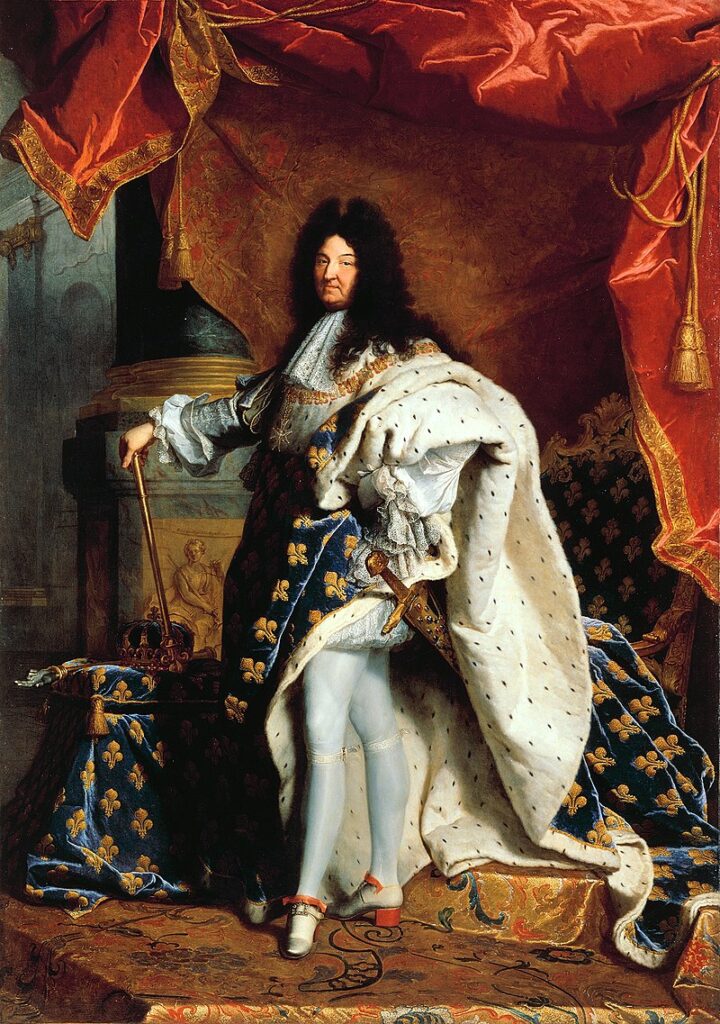
# 1 - Louis XIV, le Grand
Louis XIV, the Sun King, indisputably securing the foremost position. His reign, the longest recorded in European history, is a testament to his enduring influence and strategic vision. He asserted his personal rule in 1661, at 22 years if age, seizing power from his mother, Anne of Austria, and her chief minister, Cardinal Mazarin, showing signs of a responsible temperament. His era was a period of unparalleled grandeur and consolidation for France, marked by national prestige. He transformed the French monarchy into a symbol of absolute authority, establishing Versailles as the dazzling epicenter of European power and culture. His military prowess expanded French territories and cemented its status as a dominant force on the continent. His reign also saw the expansion of French influence into North America, with the deployment of the Régiment de Carignan-Salières to secure and solidify French holdings. Crucially, the musketeers of this regiment who chose to settle in Canada formed a vital part of the early Canadian population, becoming a foundational element, essentially the cradle, of that nascent nation. Domestically, he fostered a flourishing of arts and sciences, patronizing renowned artists and writers, and establishing institutions that contributed to France's cultural dominance. His administrative reforms streamlined the French state and laid the groundwork for future national development. Louis XIV's legacy, marked by his unparalleled longevity, his decisive assumption of personal rule, his consolidation of absolute power, and his expansion of French influence both domestically and abroad, left an indelible mark on France and Europe, shaping the course of History for generations to come.
Watch on YouTube : Louis XIV
